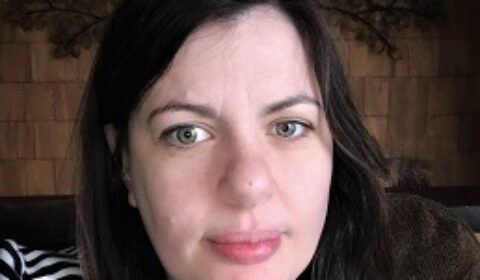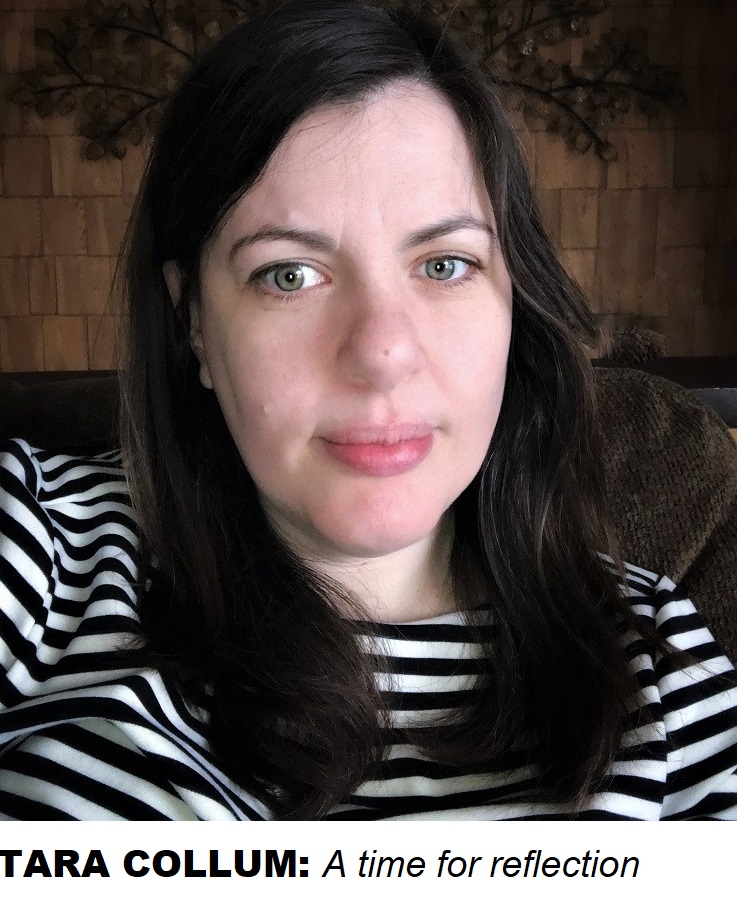PUBLIC SCHOOL ‘TRIBES’ OFFENSIVE TO ME AND MY INDIGENOUS FRIEND
I’ve been having a lot of conversations about the mass burial site in Kamloops.
My friends and family are discussing what we did and didn’t learn in school about Indigenous history.
Issues close to home require a lot of thought and reflection that go beyond an angry tweet, or reposting a meme.
One story that’s come up a lot is dividing students in to “tribes” at Gravenhurst Public School.
I didn’t think much at all before about the tradition of being put into a tribe each year.
The tribes would compete against each other in gym class, and on special days like costume contests, and the winning tribe was awarded a special prize at the end of the year.
One of the tribes was called Mohawk.
One of my closest childhood friends is a status member of the Wahta Mohawk Territory west of Bala.
I asked her if she was assigned to Mohawk, and she said no, she was assigned to the Crees.
In hindsight she also found it offensive that we were taught that Indigenous people were in constant competition with each other, when that’s not the case, at all.
We both hoped that the practice of randomly assigning kids to groups with a culture and heritage they often didn’t belong to has been stopped.
Another friend recalled being troubled by a racist cartoon in a textbook story about the history of lacrosse. There was a violent image of a head in a lacrosse net. The image stuck with her, and she hopes that textbook is no longer in circulation.
This is in no way a criticism of my education, or our local schools. My elementary and high school teachers prepared me for post-secondary school.
The white-washed and Euro-centric teaching of history, is a reflection of a wider problem in Canada, and people across the country are sharing similar concerns now.
We also have a tendency in Canada to focus on the problems of our neighbours to the south, and shying away from our own issues.
In Grade 8 I remember a class discussion about the Rodney King verdict and the L.A. riots, but no discussion about the Oka crisis.
As adults, many Canadians fill in the gaps, educate themselves, and strive to give the next generation a more complete understanding of history.
I first heard of residential schools in university, while studying the novel ‘Monkey Beach’ by Haisla and Heiltsuk Nation writer Eden Robinson the author of the trickster trilogy.
It wasn’t until college that I learned more about the history and modern-day experiences of Indigenous people in Canada.
The barriers they faced due to colonialism, the Indian Act and devastations of intergenerational trauma; the conditions on many reserves, including a lack of clean water that results in permanent boil advisories; the continuing tragic plight of Missing and Murdered Aboriginal Women and Girls, and their families seeking closure and justice.
I don’t want to spoil it for anyone who hasn’t participated in a blanket exercise, but it is an awakening activity that shows the decimation of the First Nations population by exposure to disease from the first explorers, and the loss of land by forced relocation by new settlers.
Of course, many Canadians don’t need an education and have first-hand experience, or have access to Own Voices stories and knowledge.
This summer I took a free Massive Open Online Course (MOOC) Indigenous Canada offered by the Faculty of Native Studies at the University of Alberta, and can’t recommend it highly enough.
Topics like colonialism are thorny and complex, and it’s important to approach them from a place of respect, with an aim of education, and cooperation. Canadians need to not only witness past trauma, but do what we can to face and dismantle the barriers created by racism and discrimination.
We also need to continue to build on our understanding, and schools and town councils giving land acknowledgements before meetings and assemblies is an important first step.
The discovery of a mass grave of 215 children at a residential school is not an isolated incident, and we need to brace ourselves for the uncovering of more tragedies.
We need to fill in the gaps in our own education, improve the school curriculum for the next generation, and have difficult conversations. Now is a time for reflection, so we can be prepared to take action.
Tara Collum was raised in Gravenhurst and lives in Toronto, where she’s a writer offering reflections on life in the city and growing up in Muskoka.


June 10, 2021 @ 9:33 pm
Excellent and well written article. Sometimes it’s difficult to confront history but I agree that it is essential that all educated people need to reflect on their past teachings in order that they overcome stereotypes and help shape the future by being honest about the past.